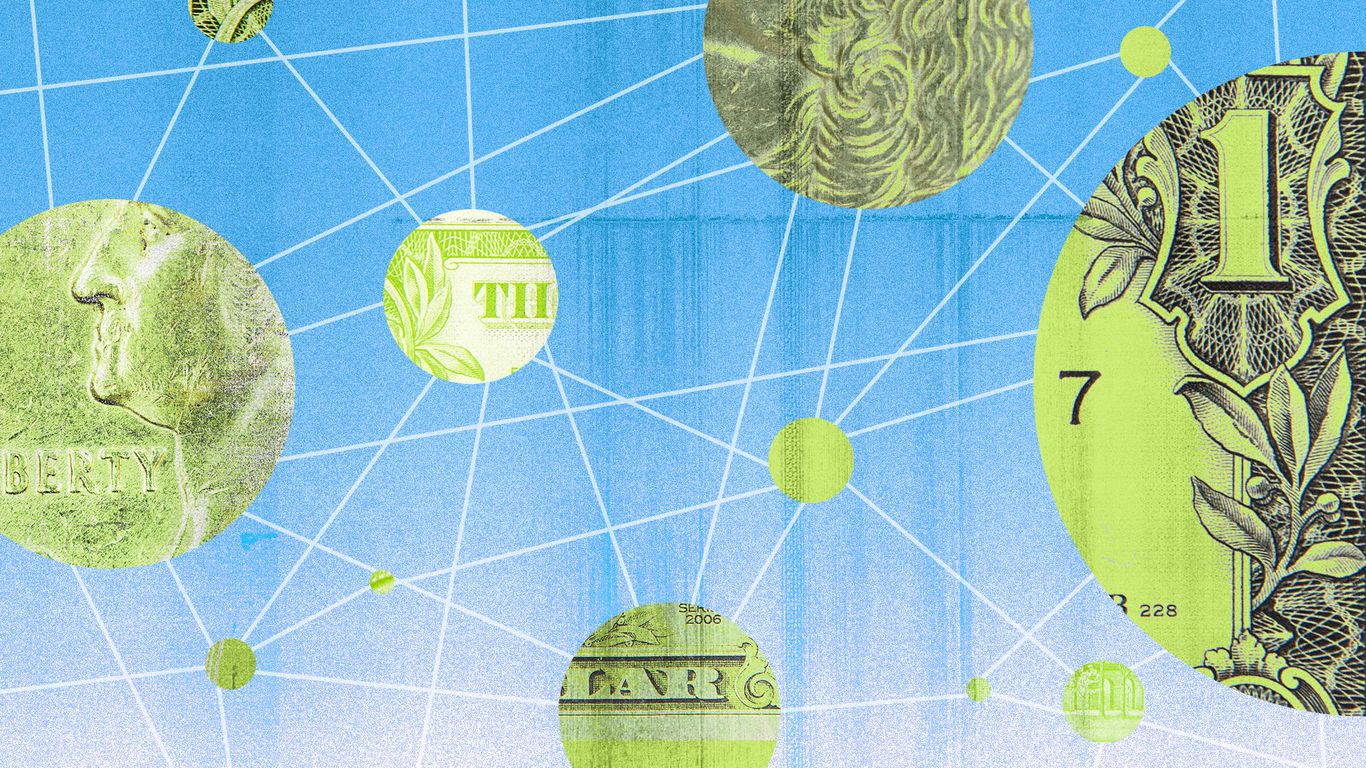If something is financial and in crypto, does that mean it counts as "decentralized finance," or "DeFi"? Short answer: No.
Why it matters: The question is more salient right now, with crypto lender Celsius Network locking up users' deposits as questions swirl about its solvency, drawing interest from several state regulators.
Reality check: DeFi founders propose a different model for financial operations, one where everyone always operates by the exact same rules as everyone else, risk is always completely clear and no one gets a special deal.
What is DeFi? All the financial operations occur autonomously, on a blockchain, using a kind of computer program that blockchain types refer to as a "smart contract" (but I like to call a "robot on the internet").
The problem isn't access to the information. The problem is making sense of it because so much is available.
On the other hand: Celsius doesn't work anything like this. Going all the way back to 2019, onlookers raised concerns about the transparency of its operation.
Threat level: A DeFi platform couldn't suddenly lock out users' deposits, as Celsius did this week. If it were even possible, they would have to post a proposal for a public vote and discussion first (giving everyone more than enough time to go into a bank run).
How decentralized, though? A project is considered decentralized when it's controlled by lots and lots of people. For example, a project with 1,000 people with a vote over its future would be less decentralized than one with 10,000 people with say.
Our thought bubble: Decentralization might have been the wrong place to put emphasis, though "DeFi" sounds like "defy" — which is fun. Maybe SeeFi could have been better? As in, users can "see" what's going on.
Author
Administraroot


